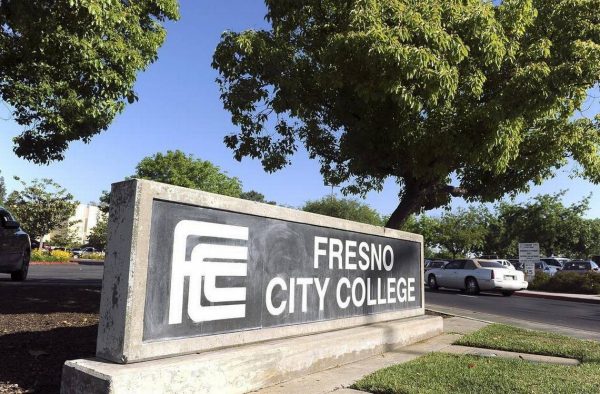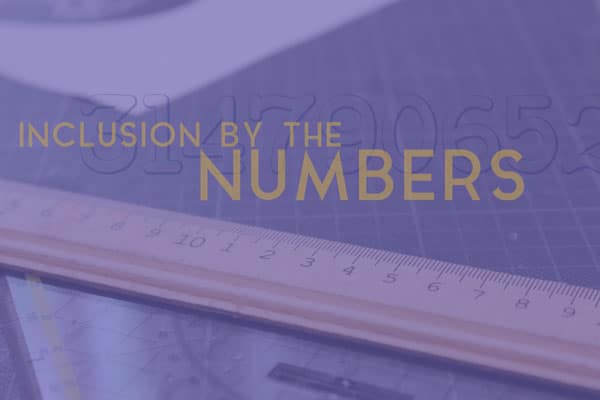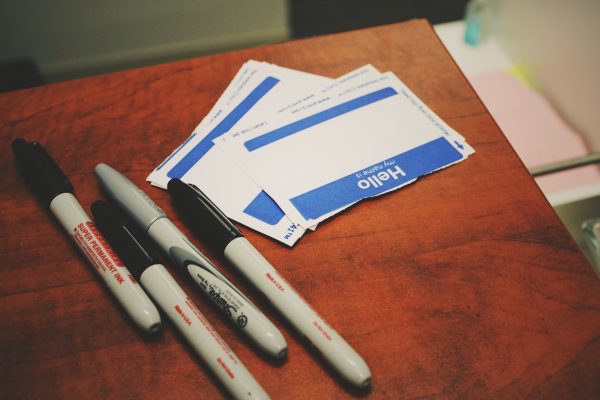As told to Namecoach by Peggy Takahashi, Associate Professor and Undergraduate Programs Associate Dean, University of San Francisco
Our job is to prepare our students for engaging careers in business. We’re a Jesuit school, so social justice is an important part of our mission. We look at our students’ education not just as a step to their career, but in terms of their whole life.
That starts by pronouncing students’ names correctly.
This was all less of an issue 25-30 years ago when there wasn’t as much global mobility. People stayed in their own countries to pursue higher education. Today, colleges like ours have classes with students from around the world. It’s important to get their name right.
This is especially true at graduation. In the past, we invited students to come in, record their voice in a recorder, write their name, say it out loud and play it back. It was cumbersome and tedious. And not everyone responded. What’s nice about Namecoach is that I can send reminders to specific students who haven’t recorded their name yet. I like to send those two to three weeks before commencement, though I have received a few on the morning of commencement. Better late than never.
Namecoach makes this much less stressful because I will have heard the name and practiced it before I and the student take the commencement stage.
Parents and students come up after graduation and say “You said my name so well you’re a natural at it.” I’m not natural at it. You have to practice. Namecoach gets you the pronunciation, but it’s up to you to actually listen and practice. Last spring, Namecoach helped me pronounce a Greek student’s name correctly. The family came up to me afterward to say thanks because it doesn’t happen often.
I know the students love Namecoach. I know their parents like it. This isn’t about short term return on investment. It’s a long term investment. Because you don’t want the last memory of being at school to be someone pronouncing your name wrong.
Feature image by Edward Cisneros on Unsplash









